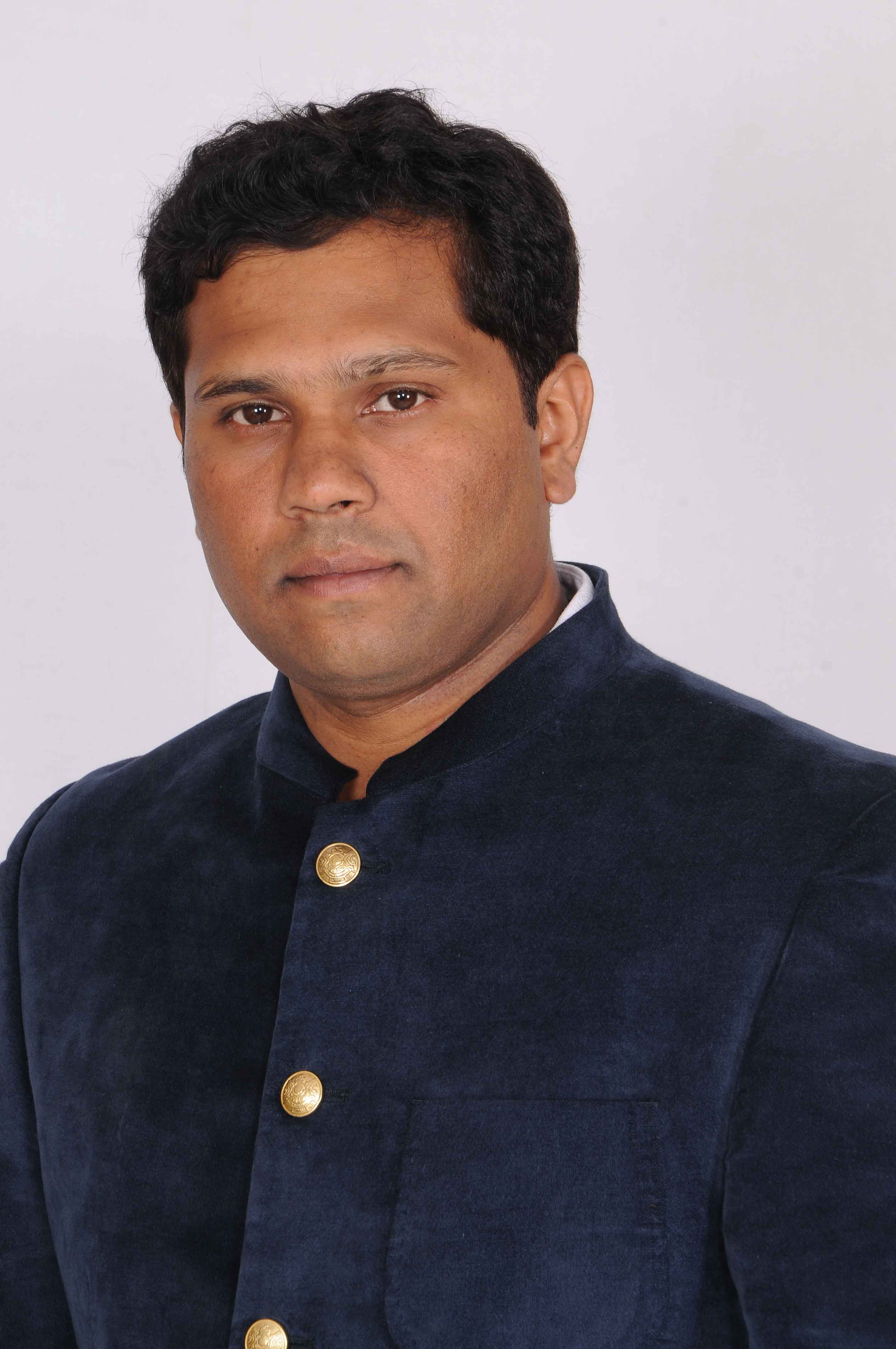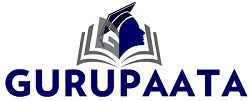Formal Education
Formal Education
Formal education or formal learning usually takes place in the premises of the school, where a person may learn basic, academic, or trade skills. Small children often attend a nursery or kindergarten but often formal education begins in elementary school and continues with secondary school.
Post-secondary education (or higher education) is usually at a college or university which may grant an academic degree. It is associated with a specific stage and is provided under a certain set of rules and regulations.
Characteristics of formal education
- Formal education is structured hierarchically.
- It is planned and deliberate.
- Scheduled fees are paid regularly.
- It has a chronological grading system.
- It has a syllabus and is subject-oriented. The syllabus has to be covered within a specific time period.
- The child is taught by the teachers
Advantages of Formal education:
- An organized educational model and up-to-date course contents.
- Students acquire knowledge from trained and professional teachers.
- Structured and systematic learning process.
- Intermediate and final assessments are ensured to advance students to the next learning phase.
- Institutions are managerially and physically organized.
- Leads to a formally recognized certificate.
- Easy access to jobs.


